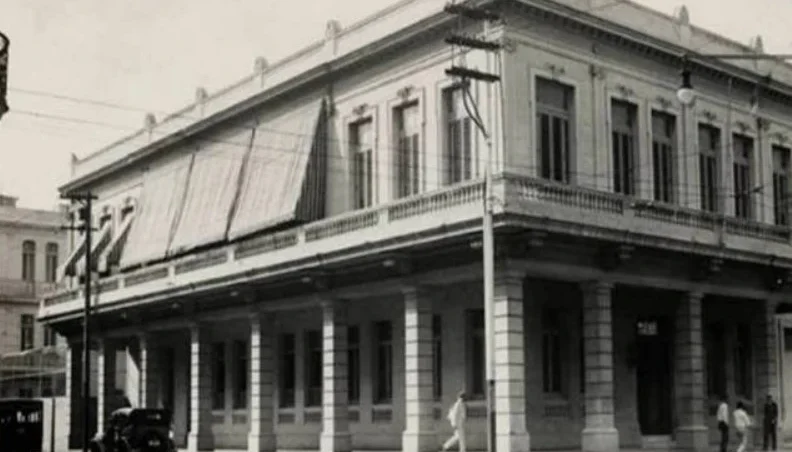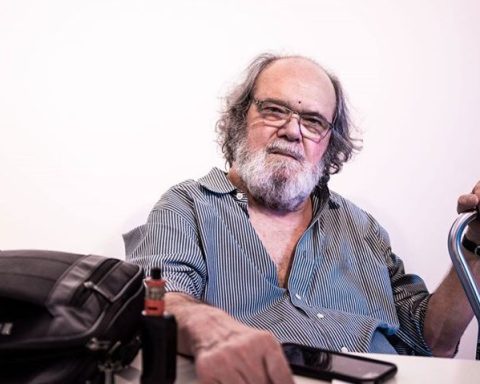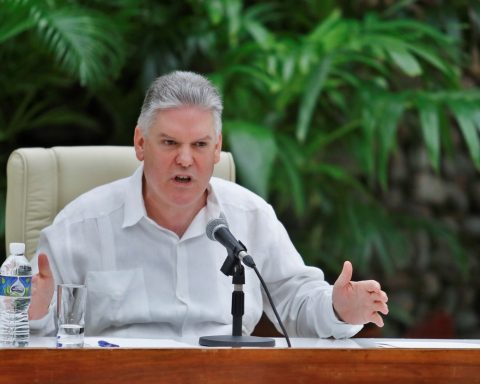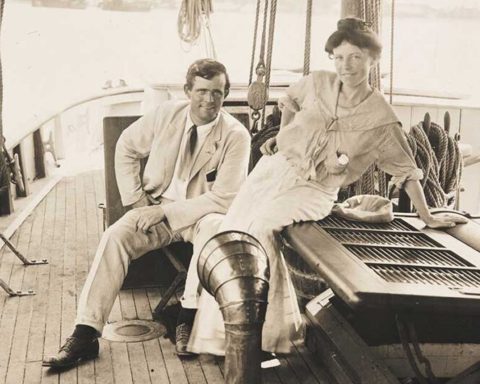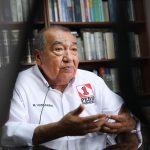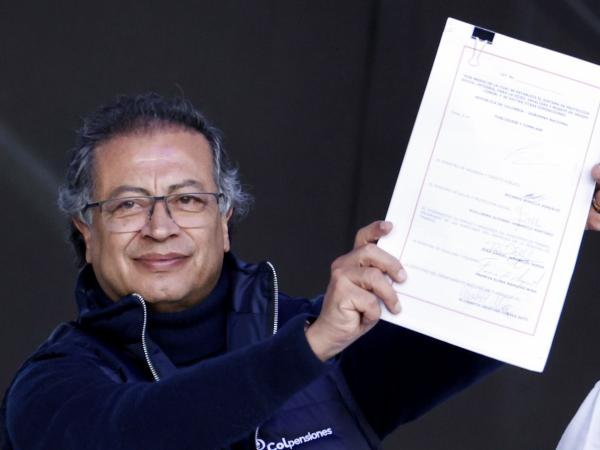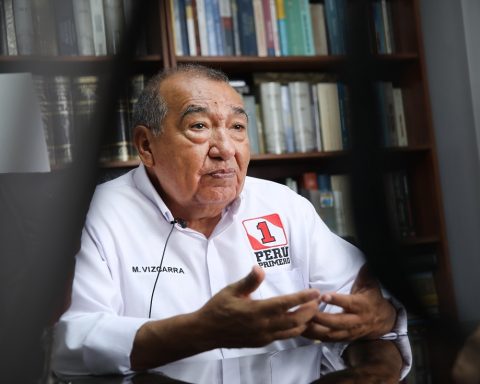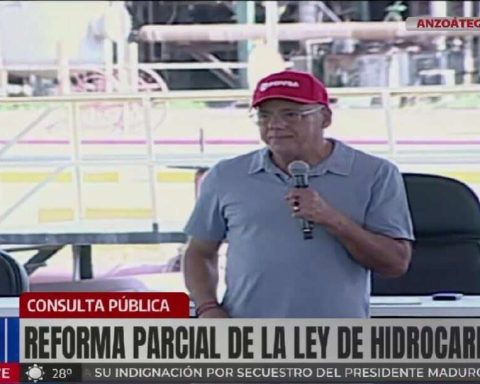MADRID, Spain.- The Atenas Club was officially established in Havana on September 21, 1917 by a group of blacks and mestizos with a middle or higher level of education, with the purpose of influencing the cultural progress of its members and the people.
It declared itself an association of culture, recreation and instruction and against any attitude of racial discrimination. It declared Honorary President Juan Gualberto Gomez (1854-1933), politician, journalist, defender of Cuban independence, chosen by José Martí to organize preparations for the Necessary War on the Island.
The first Board of Directors of the Club Atenas was made up of the doctor Pantaleón Julián Valdés, its first President; the patriot, mason and Abakuá Lino D’Ou; Primitivo Ramírez Ros, elected Representative to the Chamber in 1912, and Leoncio Morúa Delgado, brother of the writer and Representative to the Chamber Martín Morúa Delgado.
It had sections on Social Sciences, Natural Sciences, Fine Arts, Moral Interests, Economic Interests, Press and Publications, Recreation and Sports, and Literature ─this established the “Literary Conversations”, where books and works by members were read and discussed─.
The Club Atenas was initially located on the upper floors of a house on San Miguel Street and years later in a small mansion on Zulueta Street in Old Havana. In the building, lectures were given, films and documentaries were shown, poetry recitals and musical performances were enjoyed. The Orchestra performed in its ballroom. Jorrin and other groups.
During its decades of existence, tributes were paid to, among other personalities, the sculptor Teodoro Ramos Blanco, the brothers Antonio and José Maceo, Juan Gualberto Gómez, General Guillermo Moncada, the priest Felix Varela and Jose Marti.
In the early 1950s, the Atenas Club held the “Lino D’Ou” Journalism Award, in honor of one of the illustrious representatives of the association. The distinction would be awarded annually to the journalist who published the best article or report that helped promote unity, fraternal coexistence and solidarity among all Cubans, or highlighted the work of institutions or individuals in this regard.
Public opinion about his ties to the government was controversial. Gerardo Machadofor the first magistrate’s donations to the Athens Club, and his promises in favor of blacks and mestizos. He has also been accused of being sexist because his board of directors did not include women. But his role in the culture and society and his relations with black American societies are recognized.
He also issued the bulletin Athens, which later became a magazine and, although its publications were irregular, had good printing quality and offered coverage to the Club’s personalities and their families. It was under the direction of the historian and pedagogue Juan Jiménez Pastrana and later Ramón Cabrera Torres. Important Cuban authors, both white and black and mestizo, contributed to its pages.
However, in July 1961 it ceased to exist by Resolution of the Cuban Government.
